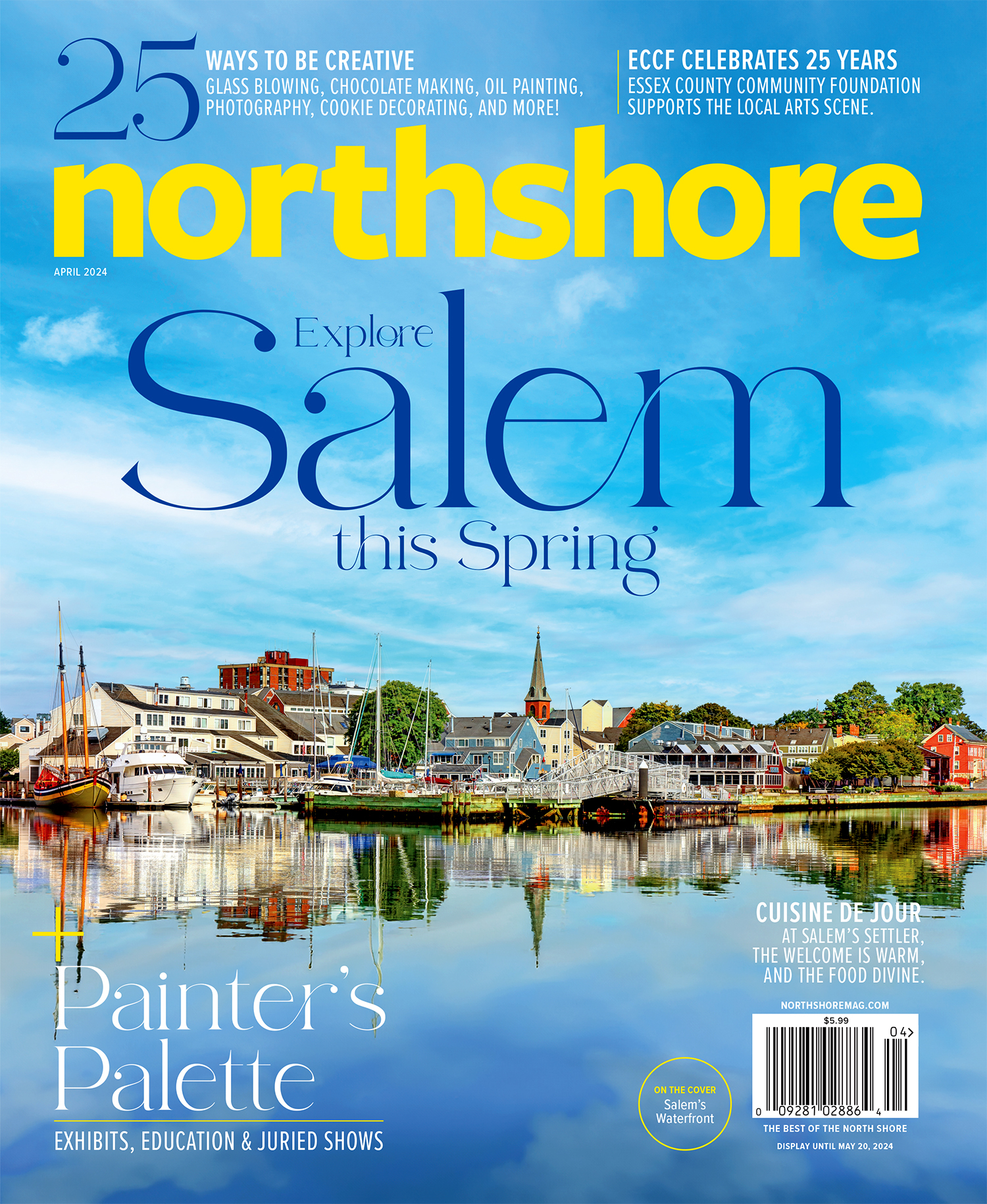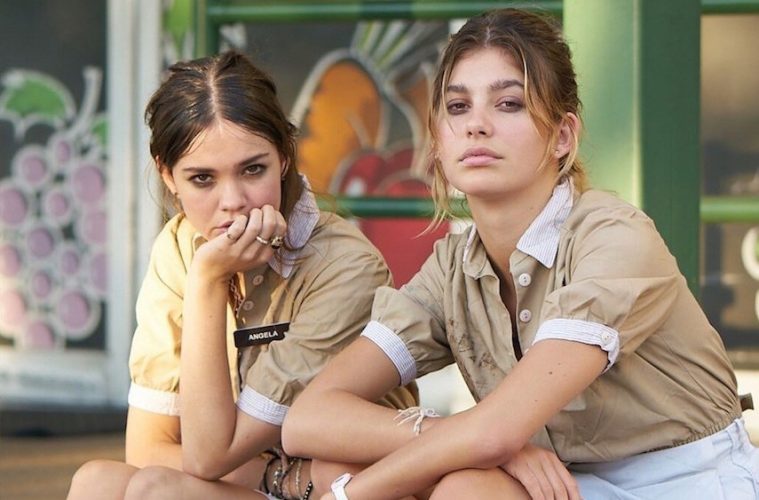If you maxed out your movie going schedule each day of this year’s Independent Film Festival Boston, chances are you never saw the same kind of movie twice. Such is the diversity of IFFBoston’s 2018 lineup, an amalgam of period films (On Chesil Beach), horror films (Don’t Leave Home), thrillers (Beast), comedies (Hearts Beat Loud, Never Goin’ Back), coming of age yarns (Eighth Grade), avant garde arthouse films (Madeline’s Madeline), and docs about subjects including Shakespeare’s identity (Nothing Is Truer Than Truth) and transgender rights (Transmilitary). Even movies warehoused in the same genres don’t conform to one another.
At a glance the variety plays right into IFFBoston 18’s “find your crowd” theme. You might think that your crowd is made up of people who watch the same movies as you: They’re the people you share elbow space with while seated in the theater. This is accurate, but the most accurate view of the crowd is the view from a distance. You found your crowd as soon as you got to the festival, wandering the lobby, waiting in line, talking about what they just watched with their friends. If you love movies, and Boston, IFFBoston is your crowd, whatever you saw or didn’t (or couldn’t) see. That’s what the movies are for: Providing a space for us to gather and watch human stories unfold before our eyes, no matter our tastes or leanings.
The best movies of IFFBoston ‘18 emphasize that quality, reminding us, as Roger Ebert once said, that film is an empathy machine. These five in particular affirm the movies’ experiential power; they’re engaging, compelling, and entertaining, but most of all they let us walk a mile in another person’s shoes.
Transmilitary
Directors Gabe Silverman and Fiona Dawson hone in on four transgender individuals (Logan Ireland, Laila Villanueva, Jennifer Peace, El Cook) in America’s armed forces, chronicling their service over the last half decade. How do you call an institution that doesn’t want you “home”? That’s the question Transmilitary wrestles with as its stars reconcile their drive to serve against systemic transphobia, nimbly traversing life under the military ban on transgender personnel, to the ban’s end in 2016, to the current administration’s ongoing attempts to reinstate it. At times the film demands editorial finesse, but there’s no denying the power of the storytelling.
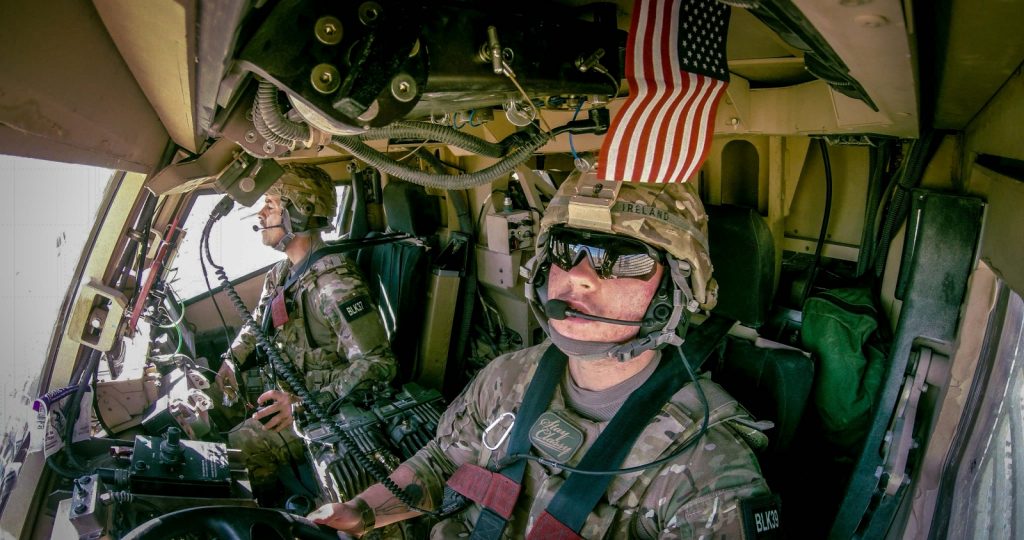
Phantom Cowboys
Phantom Cowboys has a hook similar to Richard Linklater’s Boyhood: Daniel Patrick Carbone filmed his subjects as teens, then rejoined them in their twenties to see how they’ve lived in the intervening years. The difference is that Phantom Cowboys’s conclusions are considerably less hopeful. Carbone snaps back and forth from past to present with precision, ceding the stage to these young men – Nick, Larry, and Ty – as they tell of their adolescence, their successes and failures, and what changed between teenhood and adulthood; their dreams are ultimately overwhelmed by the American dream, and that dream is revealed as a sham. Phantom Cowboys isn’t nihilistic, but in its haunting way, it isn’t quite hopeful, either.
Blindspotting
The multi-talented duo of Daveed Diggs and Rafael Casal spent nine years trying to make Blindspotting; nine years was worth the wait. With days left on his probation, Collin (Diggs) keeps his head down, until he sees a cop gun down a black man before his eyes; the horror sets him reeling and puts him at odds with his best friend, Miles (Casal). Blindspotting is many things at once, and it’s very good at each of them; it’s funny, occasionally uproarious; it’s marinated in its Oakland backdrop; it opens up impossible existential spaces to its viewers; it’s forward facing, but never loses sight of the history staring at us in the rearview. The film doesn’t open until late July, but it’s hard to imagine a more urgent film hitting theaters over summertime.
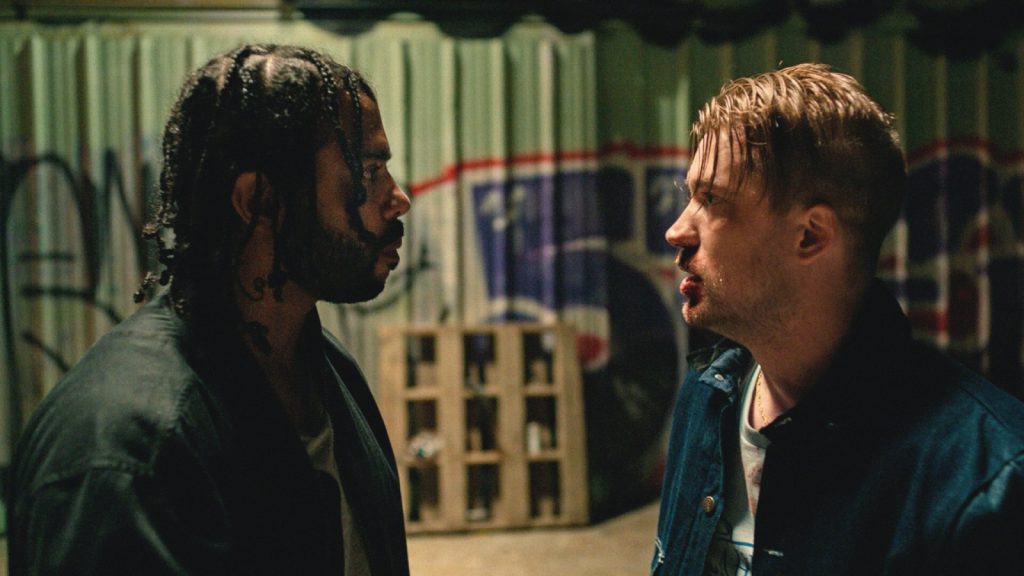
Never Goin’ Back
The less said about Augustine Frizzell’s Never Goin’ Back, the better, but the less said, the more likely it gets overlooked. Maybe this is a bad pick in the “problematic” era, but there’s something liberating about a movie directed by a woman where two young ladies get to be both the best and worst versions of themselves: Angela (Maia Mitchell) and Jessie (Camila Morrone) are endlessly loyal to each other, truest of friends, but they’re also slackers waitressing at a crummy diner to make up for blowing rent on a vacation. (They just want to eat donuts on the beach. Is that so much to ask?) Their misadventures range far, wide, and really raunchy, but Frizzell perfectly balances gross-out humor and heart; the result is a film as filthy as it is tender.
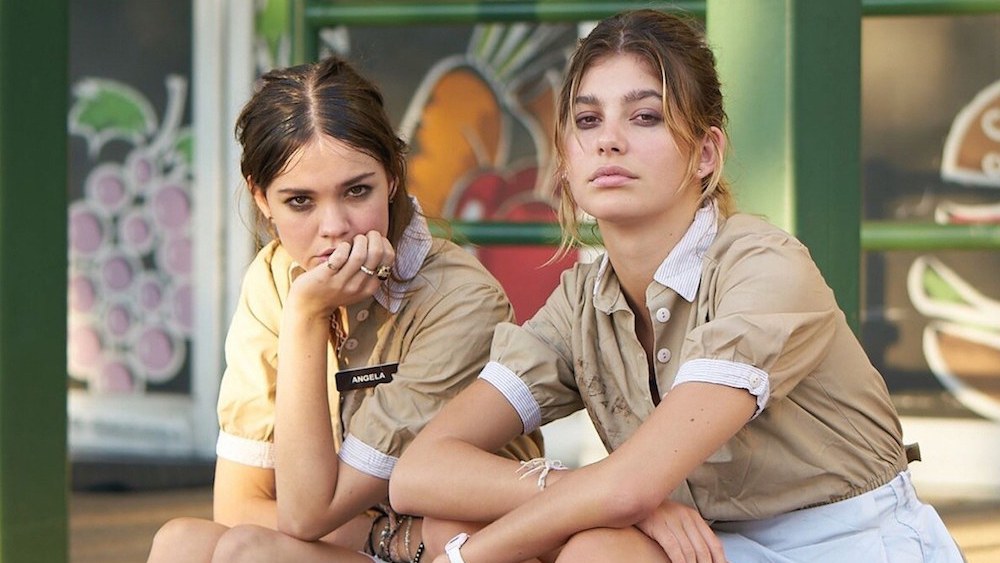
Madeline’s Madeline
And now, from the “I don’t know what it is, but I liked it” category of cinema, the latest from the great Josephine Decker, a filmmaker whose name you may not know, but if you don’t, you should. In her latest, Madeline (newcomer Helena Howard) sees her life’s travails appropriated by the director of her theater workshop (Molly Parker) for drama’s sake; the creative embezzlement blurs Madeline’s reality and obscures immediate comprehension. But there’s beauty, even delight, in Decker’s bewildering, unanchored style of filmmaking, more so here than in her past efforts. Madeline’s Madeline defies easy analysis, and it’s all the better for it. There’s pleasure in finding yourself stumped by a challenging film.
